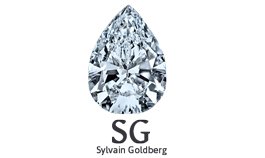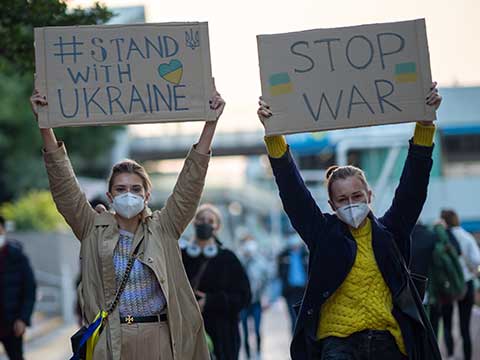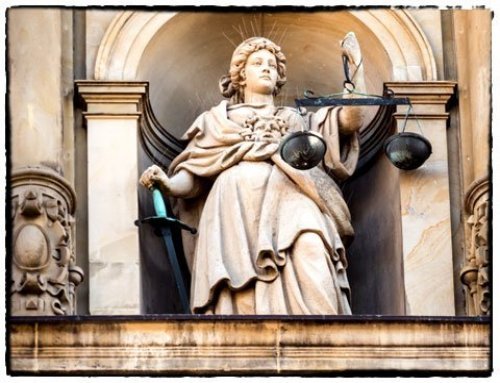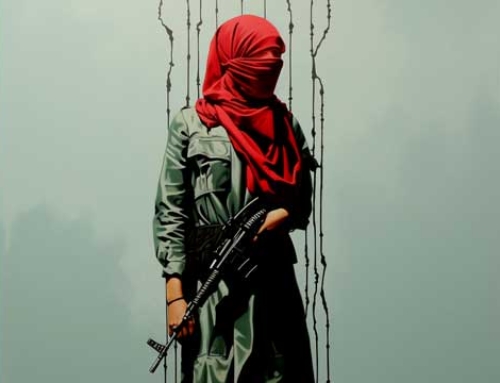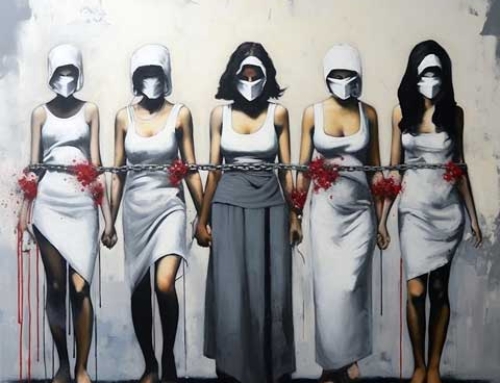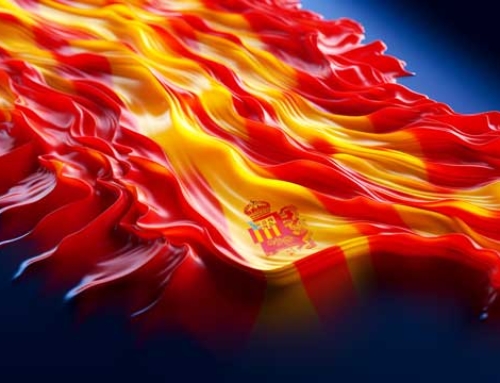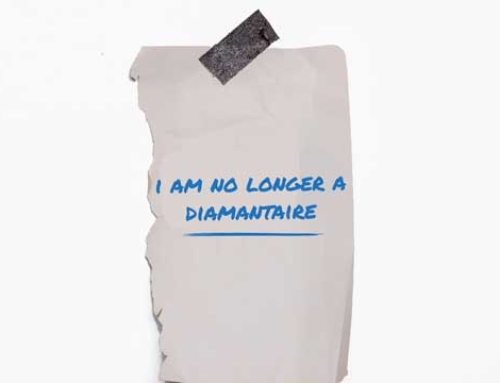In strong terms, Europe announced a whole series of sanctions against Russia and especially its elite. But if you dig a little deeper, you will find that Italian luxury products and Belgian diamonds are not covered by the embargo. Good lobbying, they whisper in the European corridors. “Absolutely not,” says Prime Minister De Croo’s spokesman.
“Apparently, selling Gucci shoes is a bigger priority than hitting oligarchs.” A British newspaper’s European source might as well have said “selling diamonds.” Because that’s what Italian luxury brands have in common with the Antwerp diamond sector. They both fall outside the sanctions against Russia that Europe has imposed.
That does raise some eyebrows. After all the strong statements about massive sanctions against Russia by European leaders, keeping the own economy as intact as possible seems much more important than the outrage over the Russian attack in Ukraine. Certainly for Italian Prime Minister Mario Draghi, former top banker of the European Central Bank.
He is said to have personally defended the financial interests of the luxury companies. Not surprisingly, in the first eleven months of 2021, exports to Russia reportedly netted that sector – the Gucci’s and the Armani’s of this world – 1.3 billion euros.
One can make a similar equation for the Antwerp diamond sector. 86 percent of all diamonds mined in Russia pass through there. And Russia is the largest producer of rough diamonds in the world, so that easily amounts to over a billion euros in diamonds that pass through Belgium every year.
The cabinet of Prime Minister Alexander De Croo (Open Vld) was forced to dot the i’s and cross the t’s. “I am being very formal: at no time has the Belgian government lobbied for the diamond sector,” said the spokesman. “This story is based on nothing.”
It is true, however, that no member state insisted on including the sector in the sanctions. The reasoning does remain economic. Otherwise, another country – Dubai, for example – could step into the gap.
‘Not credible’
“It’s all not very credible,” says Professor of European Politics Steven Van Hecke (KU Leuven). “You can see it even more broadly. Even in the banking sector, the ties with Russia are not entirely cut. Each member state is working on keeping its own damage as minimal as possible. But people are clearly bothered by that perception. Selling something like this at home is more difficult in Western Europe, than it is in Hungary. There, Viktor Orbán just comes out for it.”
Whether Europe will bring Russia to its knees in this way is unlikely. “But that’s not the intention either, certainly not in the short term,” says Van Hecke. “The sanctions are primarily a signal to Putin’s entourage, in the hope that they would revise their unconditional support.“
